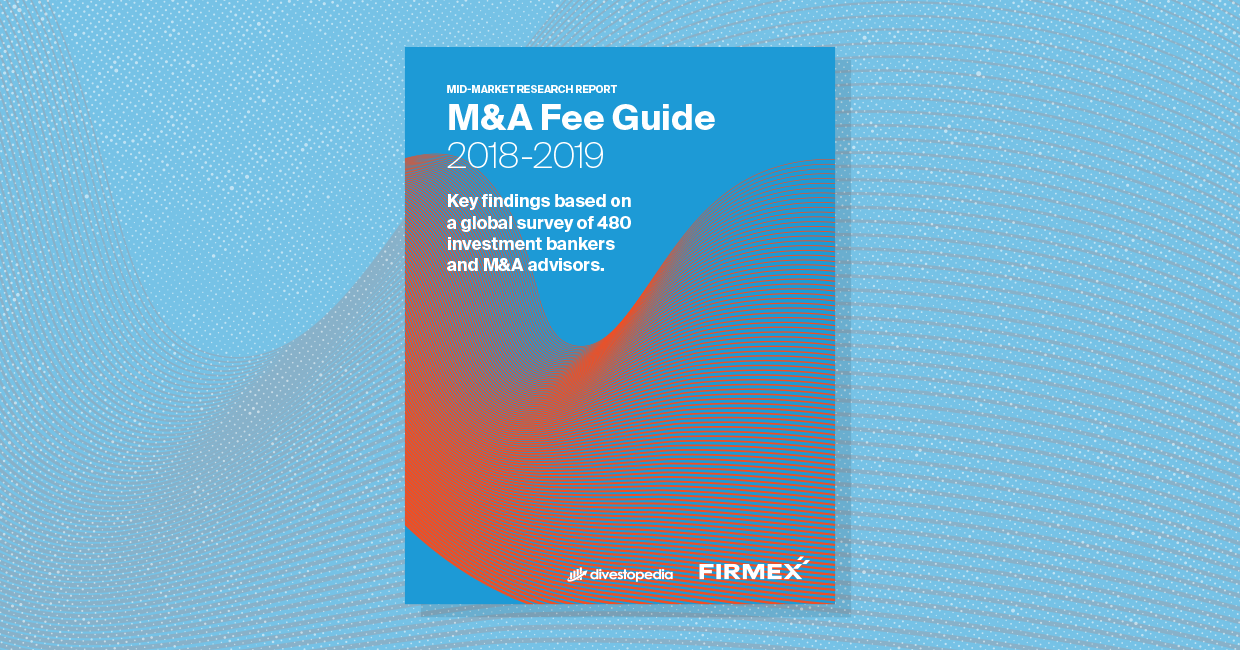In my experience, it’s extremely rare that the success of a deal depends solely on the costs of the transaction. If a 5% difference in cost breaks a deal, then the deal did not have much margin for error, and may not have been the right one.
However, it would be imprudent for executives to ignore or not manage the lifecycle costs of an M&A transaction. The lifecycle view gives stakeholders an understanding of not only all the costs involved, but also gives visibility into aspects of the deal that make the M&A transaction effective.
In this article we look at managing the costs of an M&A transaction, especially for the lower mid-market.
How critical is it to manage M&A costs?
While M&A cost savings are important, the bigger picture to keep in mind is the purpose of the transaction. For example, time to close the deal might be a more important consideration than costs, especially when dealing with high growth companies, or competitive deals. This can be true for both buyers and sellers.
Some of the risks of delaying a deal might include the market price moving away from the target price, strategic imperatives not being met, competition entering the deal, etc. In this type of situation, management may prioritize closing the deal quickly, rather than squeezing out a percentage or two from a deal.
This is not say that costs are not important. It’s always a good thing to manage costs for any aspect of a business, and M&A is no exception. In fact, it is essential for management to understand the areas where high costs are incurred and where meaningful savings can be achieved.
Typical cost items
Executives need to view the costs of an M&A deal much more holistically than initial advisory costs.
Typical cost items in M&A include advisory fees, legal fees, bank fees, pre-term sheet diligence costs, post-term sheet diligence costs, deal termination fees, closing costs, post-acquisition integration costs, employee retention costs, and employee flight costs. If minimizing costs is a key consideration, there is much that can be done to reduce waste in each of these areas. Understanding and cutting costs is also likely to improve the deal efficiency.
NOTE: In general, M&A cost savings can be achieved by incurring expenses as late in the process as possible. Delayed decisions can also help executives retain flexibility in the deal. However, once a decision is taken, rapid implementation becomes essential.
Here are some aspects of the deal where good planning can lead to significant cost savings.
Advisory fees
While advisory fees tend to be one of the most talked about aspect of deal costs, it’s hard to argue with the relative value M&A advisors bring to a deal. Nevertheless, advisory costs are a significant portion of overall costs and should be managed.
In a typical lower midmarket deal, depending on the size and complexity of the deal, advisory costs are likely to range to from 2% to 5% of the transaction price. My recommendation for clients in this regard would be to use an interview process to shortlist favorite advisory team(s) and use a competitive bidding process to get the most favorable terms possible.
Pre diligence costs
Pre diligence is one of the most important aspects of a typical M&A transaction. This is when the tone for the transaction can be set and the ground work laid for managing the lifecycle costs.
It’s critical for a company at this stage to pick a team that can deliver the sought after results. For many lower mid-market deals, the M&A advisor tends to be the primary project manager for the deal. However, it’s also important for a company to have an internal resource with project management skills who can track the transaction against a specific mandate. Having a timeline, tracking the deliverables, and sharing information not only helps reduce costs and keep the deal on track, but also helps identify missing pieces.
In smaller companies, for privacy or other reasons, the President of the company will often choose to be the project manager. However, such an arrangement may lead to considerable pressure on the executive’s time and may lead to missed deliverables or delays in the deal making process. For best results, executives should consider having an internal project manager who will have enough time to concentrate on the deal.
Legal costs
Legal costs are typically not governed by the size of the deal, but by the complexity of the transaction – the more simple the deal, the lower the legal costs. The more complex the transaction, the more likely that some aspects of the deal are not well thought out (and there will be surprises further on down the road). Complex deal terms also tend to drive up other costs too. Executives are well advised to reduce the complexity in a deal, unless they have a good reason to do otherwise.
Significant legal and advisory costs will also be incurred by drafting and redrafting LOIs and definitive agreements. Typically, it is far less expensive to make changes and gain consensus at the LOI stage than leaving the details to be ironed out at the definitive agreement stage. Skeletal LOIs are typically not effective unless the intent is to “hook” the other party or exploit a distress situation.
Bank costs
Bank costs tend to be typically one of the bigger components of many M&A transactions. Many times bank costs are incurred early in the transaction and clients may incur these even if a deal does not close. It is generally good practice to delay incurring bank fees until late in the deal.
Breakage fees
Executives need to be aware of the risks of breakage or reverse breakage fees. These are many times the single largest cost of failed transactions.

Pre term diligence
This is the stage where we see a considerable amount of variation in terms of M&A costs. Some companies spend an inadequate amount of resources on diligence, while others tend to go overboard in terms of the number of people and resources involved in the process.
Since most LOIs do not end up definitive agreements or closed deals, the project manager needs to be judicious in allocating resources based on the likelihood of a deal closure. This is the stage where a seasoned resource can make a significant difference in controlling costs.
Post term sheet diligence
Due diligence is a critical part of the deal process and can be an area of significant potential savings. Having an experienced team that works well together is extremely important. It’s essential to have team members capable of forensic accounting and market/customer validation to ensure that any irregularities can be caught early in the process.
While exhaustive diligence is essential, delays not only waste resources but can also cost the deal. An uncontrolled, repetitive, invasive due diligence process can frustrate and sour a seller and unnecessarily complicate the deal process. A competent project manager is the key to ensure various aspects of due diligence are adequately addressed and results synthesized for team use. A good process not only unearths problem areas, but does so in a cost effective way and without alienating the other side.
Transition planning
Transition planning includes post-acquisition integration costs, employee retention costs, employee flight costs, system integration costs, HR integration costs, and many other costs that a company incurs in absorbing another company. Consequently, transition planning is an area that can have substantial impact on overall M&A costs. One of the key functions of the project manager is to ensure that all transition issues are clearly identified and tracked. Transition planning is critical for realizing synergies or potential cost savings across the combined organization.




